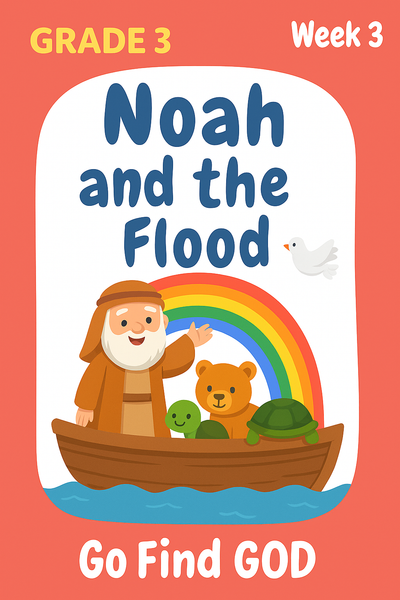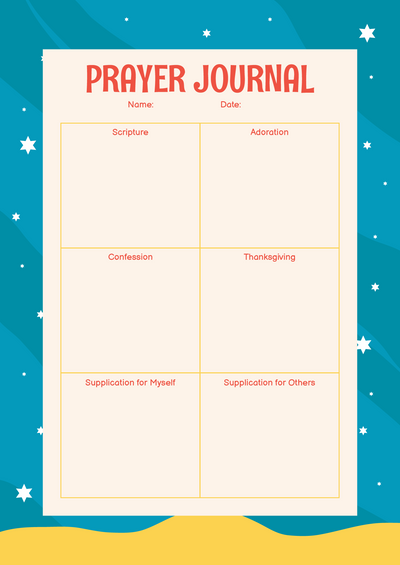Homeschooling has long been viewed as an educational alternative for those seeking a customized learning environment, but in recent years, it has evolved into a mainstream phenomenon reshaping the educational landscapes of the United States and Australia. From its role in reviving classical education to addressing diverse societal needs, homeschooling is emerging as a significant force in modern education.
The Classical Revival: Homeschooling as a Pillar of Tradition
One of the most compelling arguments for homeschooling lies in its capacity to preserve and reinvigorate traditional educational values. In the U.S., the resurgence of classical education, which emphasizes the trivium (grammar, logic, and rhetoric), has found fertile ground in homeschooling circles. As highlighted in the New York Post article, classical education encourages a return to the intellectual roots of Western civilization, focusing on works by the Founding Fathers and ancient texts. For families concerned about the diminishing role of the humanities in public education, homeschooling provides a sanctuary for preserving these disciplines.
Similarly, in Australia, homeschooling has gained traction among families seeking to prioritize religious education and moral values alongside academic pursuits. Faith-based homeschooling programs enable parents to integrate religious teachings with rigorous academic content, creating a holistic educational experience. This aligns with insights from The Pillar Catholic, which emphasizes that homeschooling can serve as a "savior" for parents aiming to raise children steeped in both faith and classical knowledge.
Diversity and Accessibility: A Broadening Homeschooling Landscape
Homeschooling is no longer confined to a narrow demographic; its appeal is broadening to include families from diverse backgrounds. According to Texas Standard, families of various ethnicities and socioeconomic statuses are increasingly turning to homeschooling as a viable option. This shift is driven by a desire for flexible, personalized education that public schools may not adequately provide.
In Australia, homeschooling has similarly diversified. Parents cite reasons ranging from dissatisfaction with the mainstream education system to the desire for a curriculum tailored to their child's unique needs. The accessibility of online resources and community-based support networks has made homeschooling more feasible for families who may have previously considered it out of reach.
Flexibility as a Catalyst for Growth
The rise of flexible homeschooling models has been pivotal in its mainstream acceptance. Reason magazine notes that hybrid homeschooling—a blend of home-based learning and part-time institutional attendance—offers families the best of both worlds. This model enables students to benefit from the social and extracurricular opportunities of traditional schooling while maintaining the individualized instruction that homeschooling provides.
In both the United States and Australia, the COVID-19 pandemic acted as a catalyst for families to explore homeschooling as a temporary solution, only to find its benefits compelling enough for the long term. Parents have embraced the ability to adapt schedules, pace, and curricula to suit their children’s learning styles and interests.
The Transformative Impact on Education Systems
The growth of homeschooling is not just transforming the lives of individual families; it is influencing educational systems as a whole. As noted by Forbes, the rise of homeschooling has spurred innovation in educational technology, curriculum development, and teacher training. Public schools and private institutions are responding by incorporating elements of homeschooling, such as project-based learning and greater parental involvement, into their programs.
In Australia, government policies are beginning to recognize and support homeschooling families, offering grants and resources to ensure that children receive a quality education regardless of their schooling environment. These shifts reflect the growing acknowledgment of homeschooling as a legitimate and valuable educational choice.
Challenges and Considerations
Despite its many advantages, homeschooling is not without challenges. Critics argue that it may limit children’s social interactions and expose them to a narrower worldview. However, proponents counter that the rise of co-ops, online communities, and extracurricular groups mitigates these concerns. In addition, homeschooling parents must navigate significant time and financial commitments, which may not be feasible for all families.
Conclusion
As homeschooling continues to evolve, it stands at the intersection of tradition and innovation. For families in the United States and Australia, it offers a pathway to preserve cherished values while embracing the flexibility of modern education. Whether as a savior of religious education and the classics or as a means of tailoring education to diverse needs, homeschooling is undeniably shaping the future of learning.
References
-
Why America’s Kids Need to Learn from the Founders via Classical Schooling — New York Post
-
Why More Diverse Populations are Homeschooling Kids at Higher Rates — Texas Standard
-
Rise of Homeschooling and its Transformative Impact on Education — Forbes
































